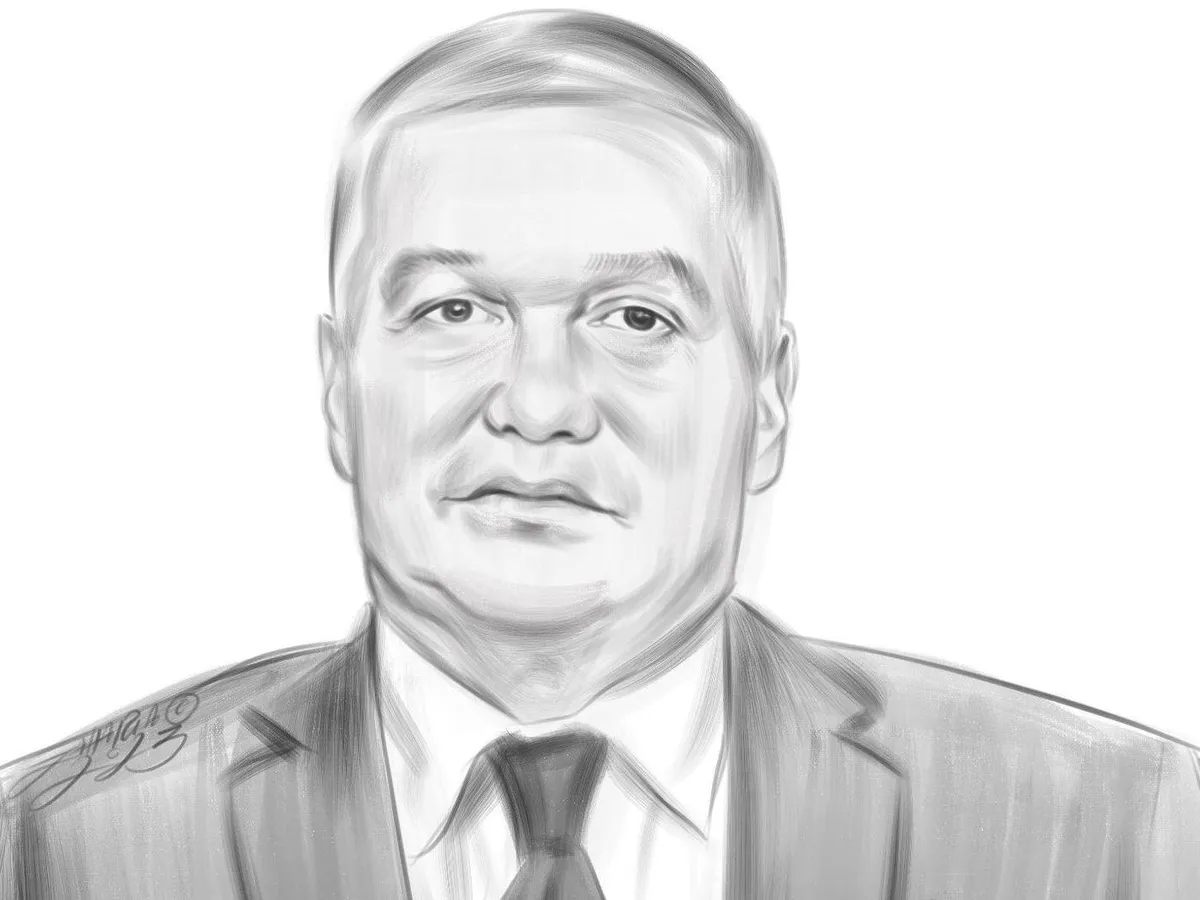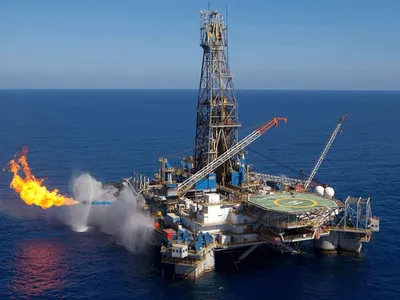Privatisation of state-owned companies, the key to a free market economy and to Romania's success

Romania has enormous potential that has not been developed. I am bullish on Romania. To develop Romania’s great potential a dispassionate, nonpolitical, review of its economic policies must be had and Romania should transition to a true free market economy.
Free market economies have had enormous success globally and have created more wealth and prosperity than any other economic system. Low taxes, fewer regulations and barriers to entry for business investment and development are key.
Unfortunately, Romania does not have a real free market economy. Changing tax laws, unpredictable restrictive regulations on business and a distrust that the judicial system is truly independent makes many foreign investors shy away. Unfortunately, Romania also has over a thousand state owned companies which create an enormous burden that is becoming more and more difficult to overcome to allow Romania to prosper.
Citește și: Nu ne putem permite să lăsăm Ucraina să piardă!
Romania’s current 20 billion RON budget gap is a direct consequence of this. Cutting pensions and increasing taxes may raise some additional revenues in the short term, but will be counterproductive in the long term. Romania’s economy is in trouble. Romania is in trouble.
Romania has problems
The biggest single indicator of Romania’s economic woes is the increasing emigration rate from Romania. People are leaving because they are dissatisfied with Romania’s progress and fail to see meaningful progress.
Some ten years ago Romania had a population of approximately 24 million people.
Currently, the population is down to approximately 18 million people and is projected to further decrease to 14 million people over the next ten years or so. This is a devastating statistic and a loud rejection of the status quo. People vote with their feet!
Citește și: Guvernul de la Berlin ia în calcul să reintroducă controalele, la toate graniţele Germaniei
Moreover, of the approximately 18 million people currently in Romania approximately 4.5 million work in the private sector, and approximately a similar number work for the state, cities, municipalities and state owned companies.
Romania squanders the potential to be a success story
The rest of the 9 million or so people do not work because they are either too old, too young or are taking state aid for various reasons. So what you have is a country of 18 million people being supported by approximately 4.5 million people working in the private sector. This is an economically untenable situation which will get worse unless the fundamental cause is remedied.
It is truly frustrating that Romania is squandering the potential to be an economic success story and is not taking those measures that would enable it to become prosperous.
Romania has been blessed with bountiful natural resources in agriculture, mineral deposits, oil and gas. Its people are smart and industrious and have developed a technology sector that is a leader in Europe and the world. However, many foreign private entities and investors have been driven out and government owned entities are mismanaged, and, with few exceptions, losing enormous sums of money.
Currently, Romania lists approximately 850 wholly owned state owned enterprises. However, it has been said that the number may be much greater, exceeding 1200 enterprises if all state and municipally owned entities were accurately accounted for.
The majority of these companies have been perennial money losers. The few companies that are actually profitable are not as profitable as they should be if they were privately and professionally managed. All of these state owned companies are repositories for political cronies, friends and family of the politically connected. Not only do these entities not work efficiently, but they stifle competition and are a roadblock to economic growth and prosperity.
No incentives to make companies bigger
The most successful state companies are in the energy, energy distribution and transportation sectors. Although they show a paper profit they are in reality abject failures and causing great damage to the country. Rather than using its profits to maintain and improve their infrastructure or expand and improve their business, such profits go to the government coffers.
There are no incentives to make the companies bigger, better and more profitable. There is no transparency, corporate governance and management comparable to companies in the private sector.
As an example, CFR, the railroad company shows a paper profit. However, its rolling stock is aged, there are no monies for repairs, improvements and replacements of locomotives and wagons. Thousands of wagons in various states of disrepair languish on tracks, for which a fee is paid, rather than being sold for scrap and modernizing the fleet.
A recent accident involving a locomotive that had not been properly maintained and upgraded is the most recent example of government ownership management. Additionally, the rails on which the trains ride have not been maintained and upgraded for over 30 years if not more. The average speed on the railroads now is slower than they have been in almost 50 years.
Tarom, the national airline, has never made a profit
Tarom, the national airline has never made a profit, does not pay various airport fees and taxes and last year lost some 80 million euros.
The electrical transmission and electrical generating companies are in a similar situation. Although they are profitable to some degree their infrastructure has not been maintained or upgraded for over 30 years if not longer. The average capacity of the transmission lines are at 50% of their design capacity. Although there have been many discussions about increasing electrical generation capacity through nuclear reactors no actual work has commenced.
Many optimistic long term plans have been set forth, as they have for thirty years. Like the other state owned companies their profits are less than they should be and any profits they have disappear into the state coffers making expansion and development all the more difficult.
In the oil and gas sector US companies like Chevron and Exxon have been driven out. The only company extracting gas from the Black Sea is BSOG, a private company. It took BSOG some 14 years from commencement of the project to the time it actually commenced extracting gas due to various government roadblocks.
Compare this to Turkey, which discovered offshore gas three years ago and has already commenced extracting it.
Romania has not made it easy to extract gas from the Black Sea by imposing various tax and distribution limits in the Offshore Law ( Exxon left because of it). BSOG stayed and persevered. However, recently the Romanian government imposed a solidarity tax which causes BSOG to pay a marginal tax rate of 93%.
State-owned companies have done little exploration
This is tantamount to a government taking. Now, there is a review of this solidarity tax and months after its imposition BSOG may be exempted, but oil extraction companies may not be. The state owned companies have done little oil and no gas exploration and they do not appear ready or competent to do so.
In the mineral sector many mines have been closed. Romania is rich in gold, copper and many other minerals including various rare earths. These minerals can be extracted in a safe and environmentally friendly fashion. However, this is not being done. The state owned mining companies have no profit incentive to do so and hobble along with ancient equipment and methods.
State-owned hospitals are old buildings
The port of Constanta, the best deep water port on the Black Sea, is bottle necked by poor roads and railroads. There is insufficient access to the port to bring in container cargo. It’s a multi day wait to access the port. The port could double its capacity if the infrastructure was improved.
State owned hospitals are in abysmal shape in antiquated buildings. Patient care is seriously impaired by state and city run medical systems.
Bucharest, Romania’s capital, has thousands, perhaps tens of thousands, of people without heat or hot water for years because the steam system run by the city has not been maintained or properly repaired for years.
Sadly, there are numerous more examples of state owned enterprises not functioning correctly or efficiently. The people of Romania are suffering and paying the consequences.
Romania’s state owned companies are the biggest tax debtors. A recent report showed that these companies owe billions of RON in taxes. On top of that they are the recipients of state funds so that they can somehow or other remain in business while losing money. Additionally, and most importantly they block competition from private companies that would efficiently and profitably render the same services.
There is a relatively easy solution
Romania needs to make the transition to a fully free market economy. Free market economies have created more wealth and prosperity around the world than any other economic system. The state should divest of all of its state owned companies. Doing so would increase profitability, efficiency, pay higher wages and more taxes to the government. This transition is the only way forward that will make Romania’s economy vibrant and put its citizens on par with those of Western Europe and the US. Romania’s huge economic potential has to be unleashed. Otherwise, Romania will continue to stagnate with real growth at a very slow rate.
Romania and Poland, started in similar places 33 years ago after overthrowing the communist regime. However, Poland finished the revolution and Romania did not. Poland has a thriving economy, is a military powerhouse and a meritocracy. Sadly, Romania struggles as it has still not fully escaped the vestiges of communism. The state owned companies and absence of a meritocracy outside of the limited private sector is causing serious damage.
The United States continues to be Romania's best friend
The United States continues to be Romania’s best friend, will help Romania transcend these issues, but Romania has to step up, show leadership and do what is correct. Romania must embark on a program of achieving a true free market economy across the board and create a meritocracy. It must instill all Romanians, and foreign investors, with confidence in its regulatory, financial and judicial institutions. Otherwise, Romanians will continue to emigrate and fewer foreign entities will invest in Romania.
I remain bullish on Romania although much of the progress achieved in 2019 and 2020 has slowly evaporated. The key to national prosperity and national security is a strong and vibrant economy.
Adrian Zuckerman is former US Ambassador to Romania.
* The opinions of the authors invited to publish in this column do not necessarily represent the views of Newsweek Romania.



















